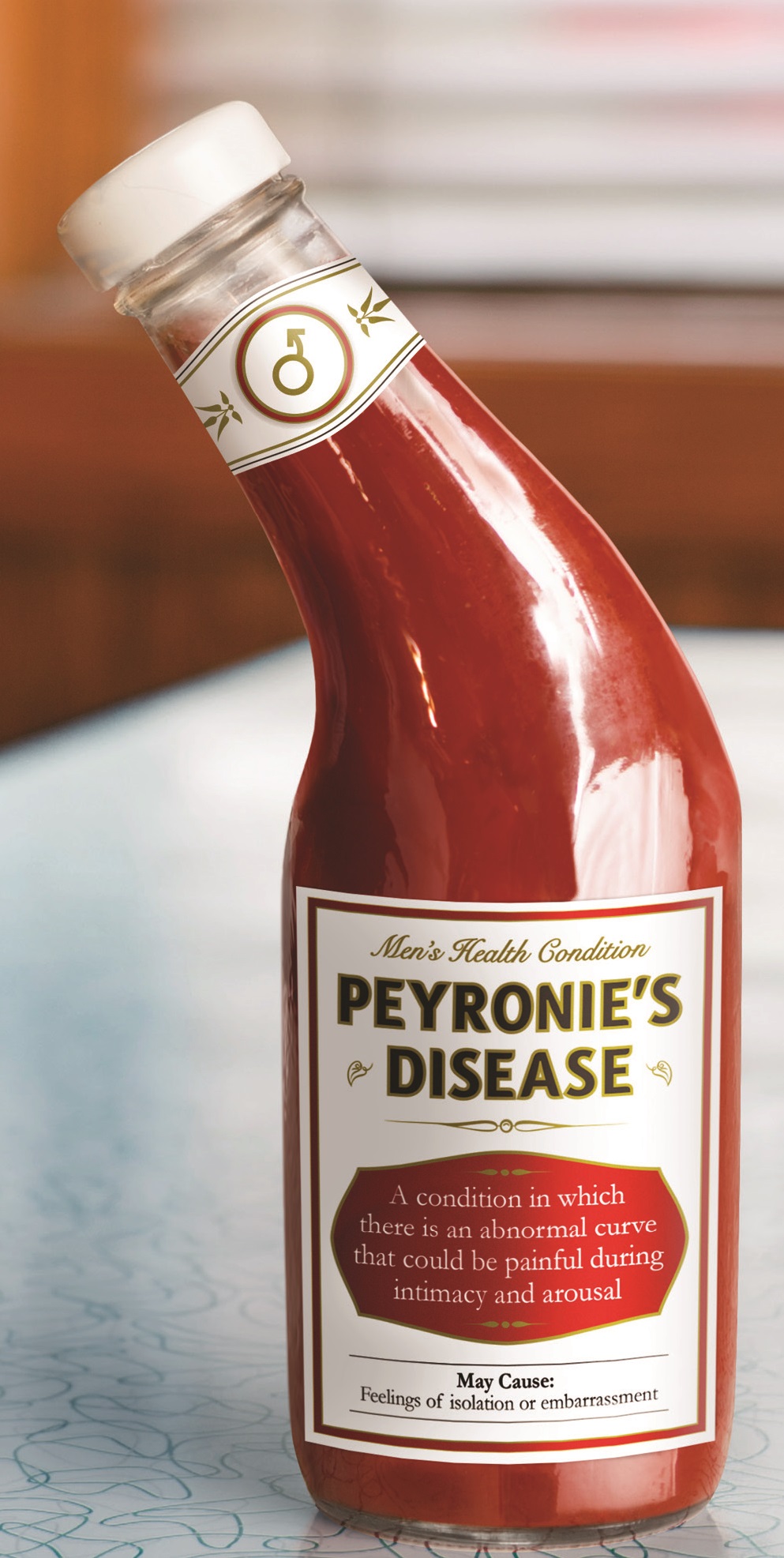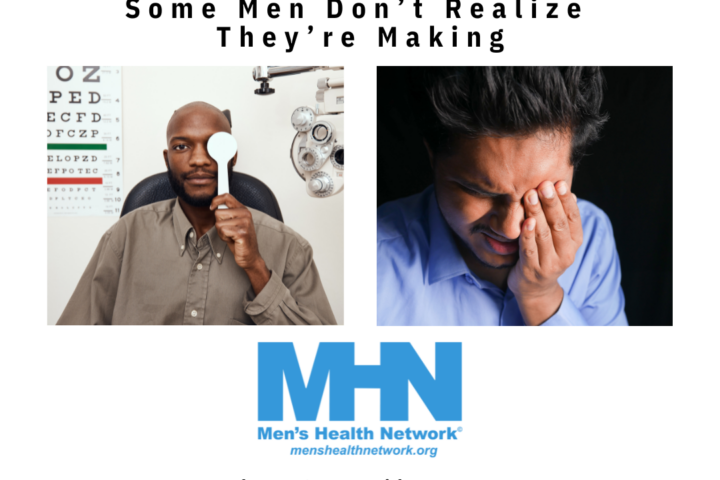In many ways, the old cliché is true: men are far less likely than women to see a doctor. This is certainly true where routine care is concerned, and it may be even truer when it comes to intimate health issues.
As a sports commentator, I’ve witnessed thousands of men on the court, on the field and on the racetrack in their physical prime – cool, confident and thriving in the face of challenge. But, as a licensed physician, I’ve seen how this bravado can turn to embarrassment – even isolation – when that challenge becomes personal or intimate. Often, men feel too awkward to talk about certain issues, even with a doctor.
Take, for example, Peyronie’s disease – or “PD” – an intimate men’s health condition that can cause a curve in the penis that may be painful during arousal and/or intimacy. PD is found in men of all ages but is most common in men ages 40 to 70, and it’s caused by a buildup of fibrous scar tissue that develops under the skin. And, while the exact cause of PD is unknown, it is believed to be caused by injury in the genital area – maybe even during sex.
As you can imagine, PD can be difficult for the men who experience its effects and may result in physical pain and feelings of low self-esteem and depression – not to mention emotional or relationship problems with their partners. In fact, in a survey of 245 men with PD, 54 percent reported relationship problems, and 81 percent reported having emotional problems because of their PD.
You may have never heard of PD, but it’s more common than you might think – affecting as many as one in 10 men worldwide. Still, just a fraction of these men are diagnosed, because many may be too uncomfortable to talk about it.
That is why I am working in partnership with Endo Pharmaceuticals Inc. and Men’s Health Network to let men know that there’s help out there for them if they think they may have symptoms of this disease – and to encourage those who may be suffering in silence to speak up.
If you think you have PD, it’s critical that you face your challenge head on and ask about the curve. Talk to a urologist who specializes in men’s health conditions about the symptoms you are experiencing. It may seem embarrassing, but it’s the first step in getting help.
To find more information and resources, or to identify a urologist in your area, visit www.AskAbouttheCurve.com. I know from my years as a practicing physician that you won’t be the first guy with a personal, intimate issue to seek help and start talking about men’s health.




